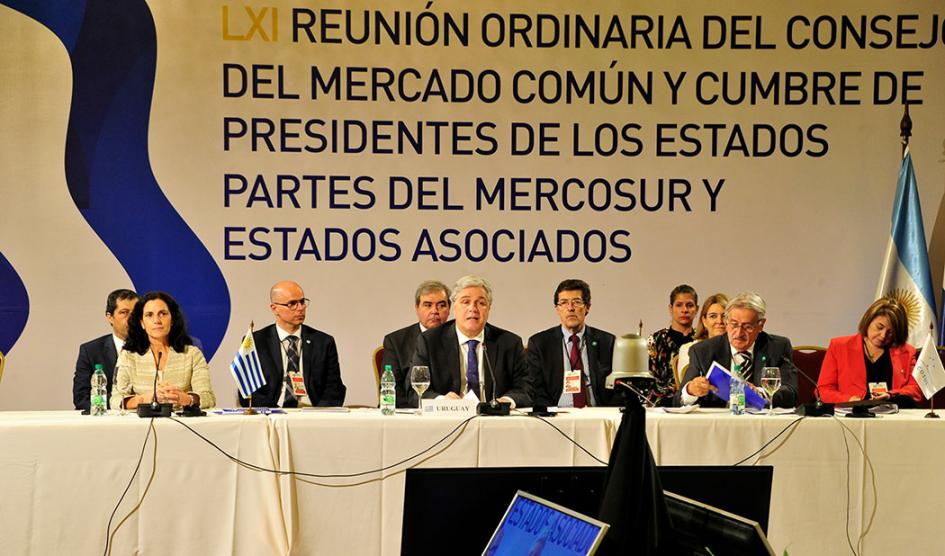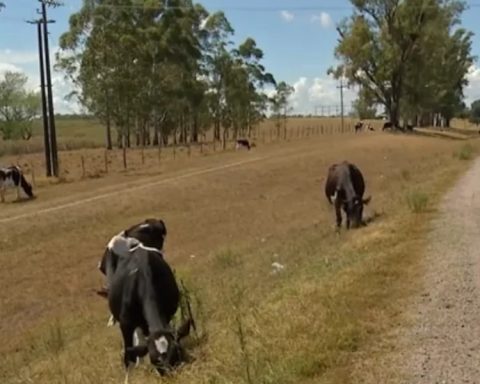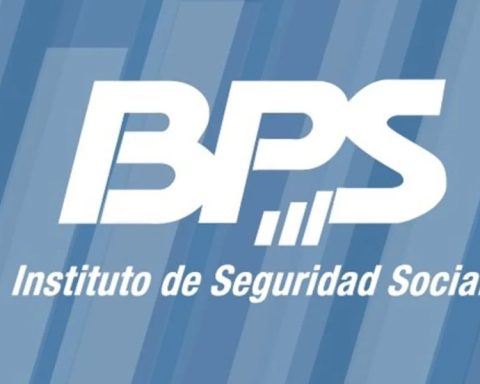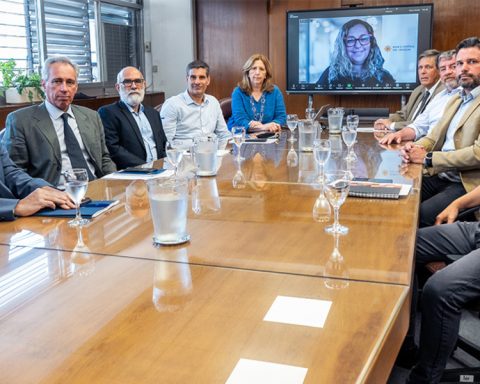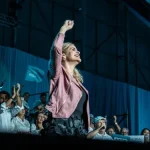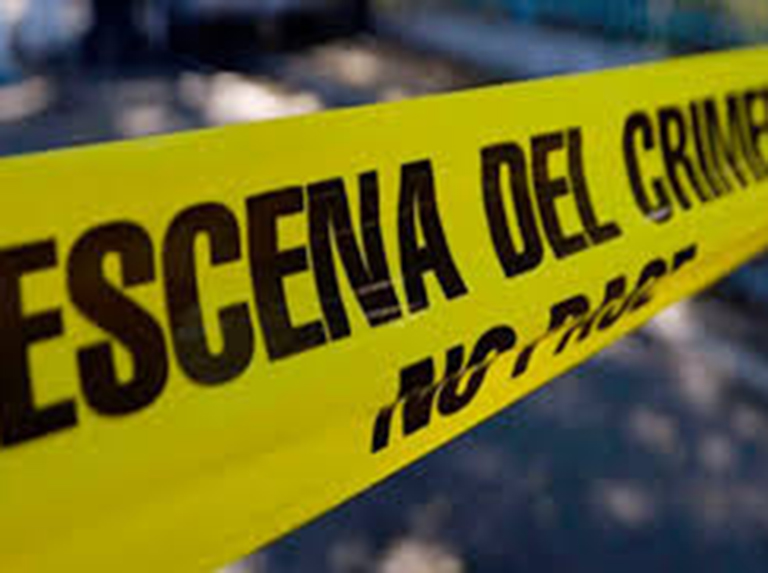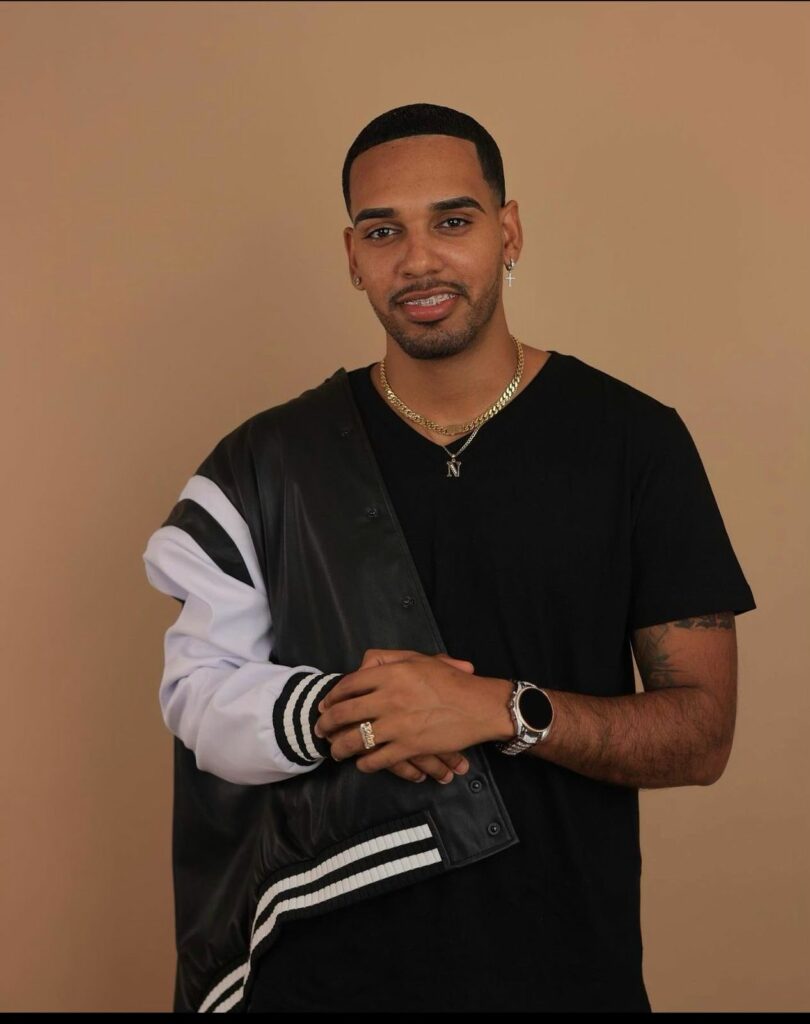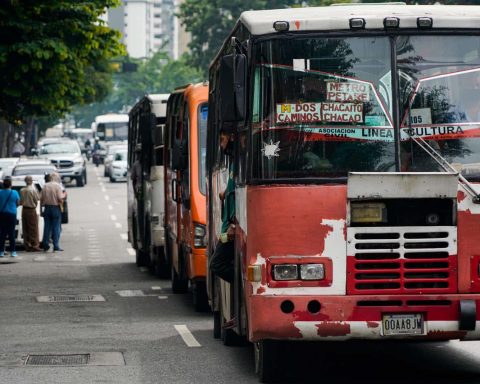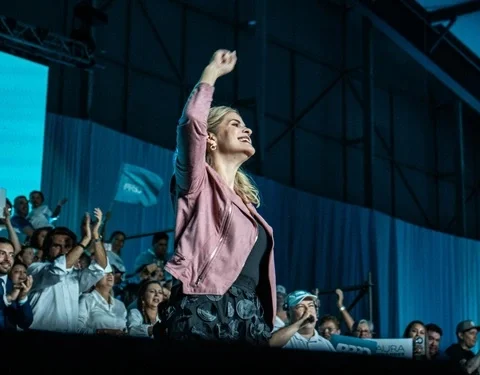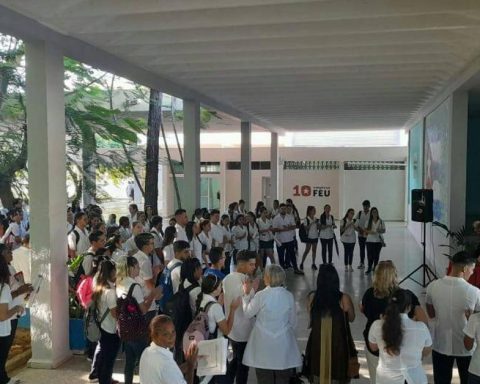At the LXI Ordinary Meeting of the Council of the Common Market, session with States Parties and Bolivia, the Foreign Minister of the Republic, Francisco Bustillo, remarked that a bloc is needed that can and wants to project itself to the new dynamics and world trends, “updated and modern ”. “We are what we wanted to be: an imperfect free trade zone,” the minister reflected on the current operation of Mercosur.
Also participating in the LXI Ordinary Meeting of the Common Market Council, session with States Parties and Bolivia, in the Mercosur building, were the Minister of Foreign Affairs, International Trade and Worship of Argentina, Santiago Cafiero; the Minister of Foreign Relations of Brazil, Carlos Alberto França; the Minister of Foreign Relations of Paraguay, Julio César Arriola, and the Minister of Foreign Relations of Bolivia, Rogelio Mayta.
Prior to the opening and the speech by the Uruguayan foreign minister, the general coordinator of our country before the Common Market group, Enrique Delgado, made a statement on the actions of the bloc by the States parties during the presidency pro tempore From Uruguay.
Then, Bustillo referred to a challenging context, with strong adversities, new waves of COVID-19, strong restriction policies and slowdown of the economies, added to the war between Russia and Ukraine, which left consequences in the economic field, which have repercussions. mainly in developing countries.
He also analyzed the restrictive monetary policies, which imply an increase in interest rates in the international arena and which lead to a world economy with lower growth. Likewise, he explained that all the work instances established by Mercosur were complied with and outlined the priorities of the presidency. pro tempore of Uruguay: green agenda, digital agenda, health and tourism, among others.
Then, he pointed out that the bloc cannot and should not be satisfied, after 31 years, only with these achievements.
In this sense, he stated that a Mercosur is needed that can and wants to project itself into the new world dynamics and trends, “updated and modern”, that can face the challenges of yesterday, today and tomorrow. In addition, he wondered if there is the necessary will and disposition to take on these challenges and offer the member states a framework that allows the development of their communities, through the growth of the bloc’s economies.
He reiterated Uruguay’s vocation for regional integration, deeply linked to the need to form regional projects that seek to innovate, that contemplate an expanded market and are a platform for international insertion.
Bustillo emphasized that a Mercosur capable of strengthening ties with other countries and blocs is required. “We cannot allow ourselves to remain immobilized,” he said.
On this point, he explained that there are 11 agreements in force, of which four are extra-regional, and that the last trade agreement is from 2011. He provided as “no minor” data that since 2010 the World Trade Organization has registered 172 trade agreements. free trade and none corresponds to Mercosur.
He also added that there is no agreement with any of the 10 main economic and commercial powers in the world and that with Asia, the region with the highest growth in recent years, there are two ongoing negotiations, with Korea and Singapore, while with India there is an agreement of minimal economic significance. Likewise, he indicated that, if this situation continues, the “bloc will be irretrievably doomed to failure, to insignificance.”
Bustillo added that Uruguay insisted, during the semester, on the need to have a space for reflection that allows a broad and comprehensive vision, with an analysis and review at the internal and external levels of Mercosur.
He said that Uruguay identified the need to establish mechanisms to solve the obstacles that distort trade between the States parties and to ensure full compliance with the principles enshrined in the founding treaties of the bloc.
Bustillo also remarked that in 31 years it was not possible to consecrate a free trade zone and that, on the contrary, non-tariff restrictions prevailed that prevent, in fact, free movement. “Although the restrictions harm everyone, the small economies are the ones that are affected the most, further deepening the asymmetries between the partners,” he said.
He considered that the common external tariff has nothing in common, so there is no such tariff. “We are not a Customs Union,” he asserted.
He pointed out that Mercosur is losing its appeal in the international arena and recalled that in 2019 the termination of the agreement with the European Union was announced, and that three years later new demands arise from the European counterparts that distance the signing of the agreement.
Bustillo stated: “We are what we wanted to be: an imperfect free trade zone.”
In addition, in closing, he stressed the honesty of the different oratories of the foreign ministers and the representation of the different views regarding the bloc. Likewise, he stated that Uruguay will not carry out any action that allows us to infer that the country fuels the end of Mercosur, and that, on the contrary, during the presidency pro temporeUruguay was a proponent within the bloc and in terms of international integration.
“It is clear that none of us intends or wants to break the bloc,” he concluded.
In addition, the national coordinator of Uruguay before the Common Market Group (GMC), Enrique Delgado Genta; the president of Parlasur, Tomás Bittar; the permanent representative of Uruguay before the Commission of Permanent Representatives of Mercosur (CRPM), Enrique Ribeiro; the secretary of the Permanent Review Tribunal (TPR), Juan Manuel Rivero Godoy, and the executive director of the Social Institute (ISM), Mariana Penadés.
The Uruguayan delegation included the head of the Ministry of Economy and Finance (MEF), Azucena Arbeleche; the director of Economic Policy of the MEF, Marcela Bensión; the director of the Commercial Policy Advisory, Juan Labraga; the undersecretary of Foreign Relations, Carolina Ache, and the general director of that portfolio, Diego Escuder; the director of Political Affairs, Ricardo González Arena, and his counterpart of Economic Affairs, Ana Inés Rocanova.
Expanded meeting of Mercosur foreign ministers
During the meeting, held in the afternoon, the Minister of Foreign Affairs of Uruguay, Francisco Bustillo, reiterated “Uruguay’s firm commitment” to regional integration. “We have based our management on dialogue and constructive exchange,” he said.
He recalled that, from the beginning of Mercosur, Uruguay joined with the objective of increasing integration, but considered that “it is not conceivable” that after three decades the bloc has obtained a meager result in terms of trade agreements with other blocs and countries. . This “deficit” situation occurs while worldwide there was an increase in trade, he added.
The Uruguayan minister said that this situation is contrary to the objectives of the international insertion postulated by Mercosur and recalled that Uruguay focused on the need to open new markets. In this sense, he considered that broadening the productive bases of the bloc will allow it to strengthen its foundations to scale up and insert itself, efficiently, in international markets with greater dynamism in employment and people’s well-being.
For Bustillo, it is necessary to face this situation from a sincere reflection and adapt the reality of the bloc to the current regional and world reality.
In addition, he referred to the advances in education, culture and human rights in Mercosur “where there were salvageable results, but with less visibility.”
He recalled some of the axes prioritized by Uruguay: social issues, infrastructure, justice and security, and human rights. These four pillars were supported by the member countries and States parties, and Uruguay carried out actions in each of them, in line with the objectives set.
For example, he highlighted the work of subgroup 14 on infrastructure, a political and technical space that he considered useful for addressing a regional strategy. In addition, he valued the coordination to combat cybercrime and macrocriminality through a seminar that allowed coordination between the countries. In this, Mercosur must continue working, he said.
Likewise, the Forum for Consultation and Political Coordination of Mercosur adopted joint declarations. The first, referring to cybercrime, highlights the need to improve coordination, and the second, regarding culture, expresses concern about the impact of the COVID-19 pandemic in that sector. In addition, the group approved a work plan for 2023 and 2024.
Bustillo thanked the countries that supported Uruguay and stressed that integration is not possible without a cooperative attitude, without assistance among its partners and with mutual respect and dialogue.
The foreign ministers of the Argentine Republic, Santiago Cafiero; from the Federative Republic of Brazil, Carlos Alberto Franca; from the Republic of Paraguay, Julio César Arriola; and from the Republic of Bolivia, Rogelio Mayta Mayta.
Representatives of the associated States, Chile, Colombia and Ecuador also attended.
